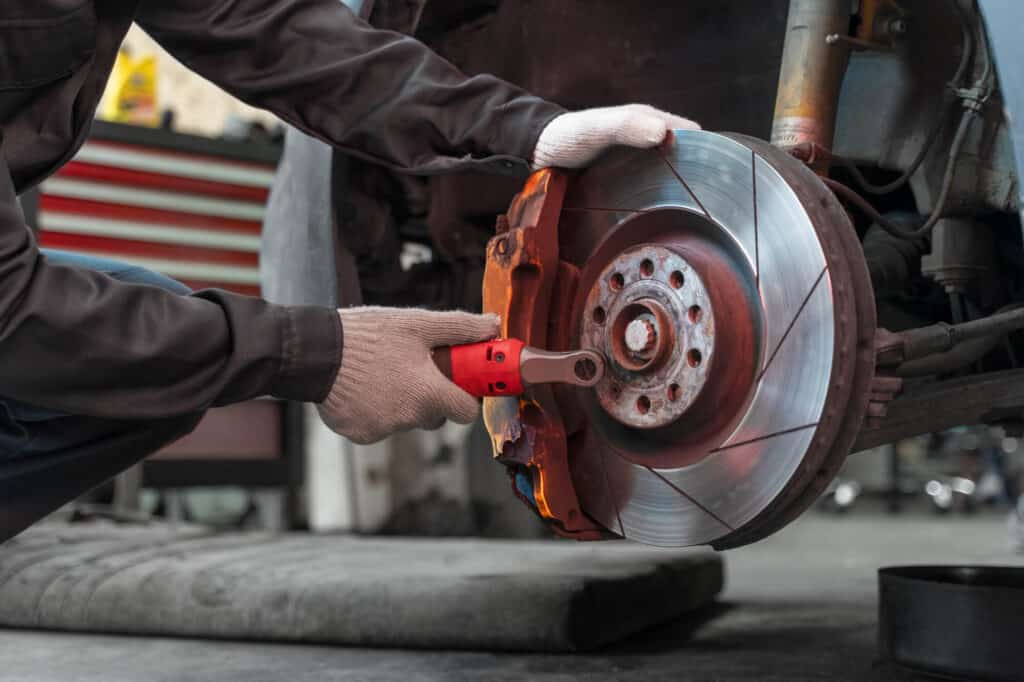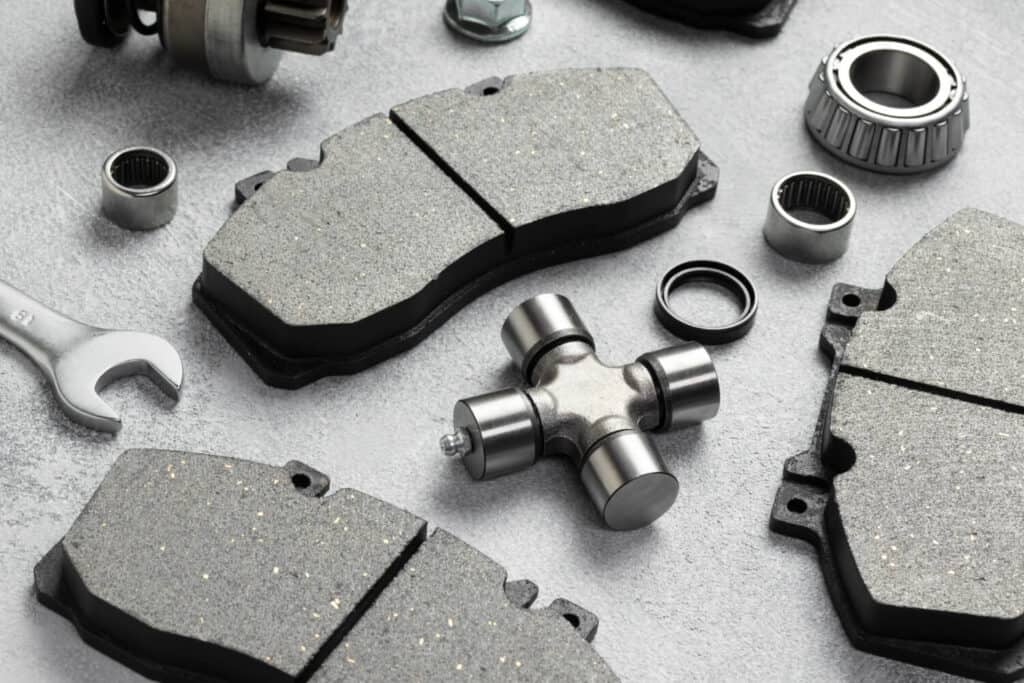Brakes are one of the most critical components of any vehicle, and they must function correctly to ensure the safety of the driver and passengers. Brake fade is a common problem that many drivers face, and it can be dangerous if not addressed properly. In this article, we will discuss what brake fade is, its causes, signs and symptoms, and how to prevent it.

Understanding Brake Fade and Its Causes
Brake fade is the loss of braking power that occurs when the brakes become too hot and cannot dissipate the heat generated during braking. It happens when the brakes get too hot, and the friction material on the brake pads starts to break down, reducing the overall effectiveness of the brakes. There are several causes of brake fade, including:
• Overheating due to heavy braking
• Worn brake pads or shoes
• Glazed or contaminated brake pads or shoes
• Use of incorrect brake fluid
5 Signs and Symptoms of Brake Fade
Brake fade can be detected by several signs and symptoms, including:
Spongy Brake Pedal
If you notice that your brake pedal feels soft or spongy when you apply pressure, it may be an indication of brake fade. A spongy brake pedal means that there is air or moisture in the brake lines, which can cause the brakes to lose their effectiveness.
Increased Stopping Distance
Another sign of brake fade is an increased stopping distance. If you find that your vehicle is taking longer to come to a stop than usual, it may be due to worn or overheated brake pads or a malfunctioning braking system.
Burning Smell
If you notice a burning smell while driving, it may be an indication of overheating brakes. Overheated brakes can cause the brake pads to wear down quickly, reducing the stopping power of the brakes.
Vibration or Shaking While Braking
Brake fade can also cause vibration or shaking while braking. This is because the brake rotors may become warped or distorted due to overheating, causing the brakes to lose their effectiveness.
Noisy Brakes
Lastly, noisy brakes may also be a sign of brake fade. If you hear squeaking or grinding noises while braking, it may be due to worn brake pads or damaged brake rotors.
If you notice any of these symptoms while braking, it is essential to have your brakes inspected by a professional mechanic as soon as possible.

How to Prevent Brake Fade and Keep Your Car Safe
There are several steps you can take to prevent brake fade and ensure your vehicle’s safety, including:
• Use high-quality brake pads and shoes that are designed for your specific vehicle
• Avoid excessive braking and allow for adequate cooling time between stops
• Regularly check and replace worn or damaged brake components, including rotors, calipers, and brake hoses
• Use the correct brake fluid as recommended by the manufacturer
• Install brake cooling systems, such as brake ducts or aftermarket kits
It is crucial to have your brakes inspected regularly by a professional mechanic to ensure that they are in good condition and functioning correctly. They can also advise you on the best preventive measures to take to prevent brake fade.
Conclusion
In conclusion, brake fade can be a dangerous and costly problem if not addressed properly. By understanding its causes, signs and symptoms, and how to prevent it, you can keep your car and its passengers safe while on the road. Always consult with a professional mechanic if you suspect any issues with your brakes, and take the necessary preventive measures to ensure that they are in top working condition.
